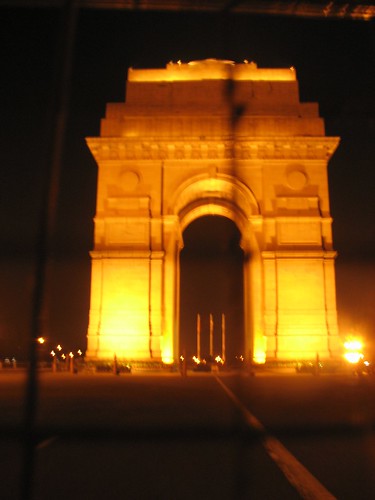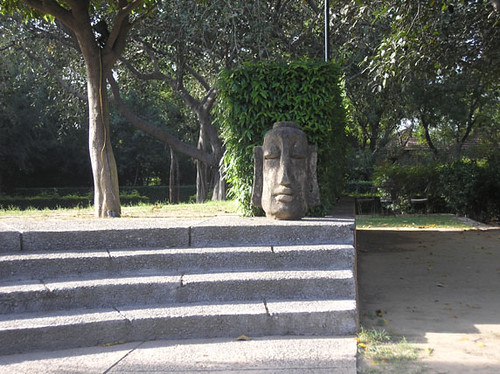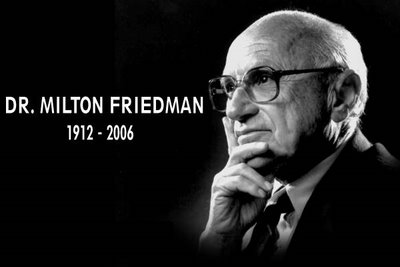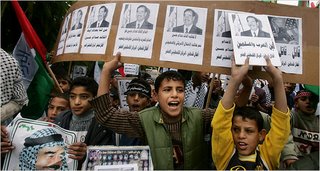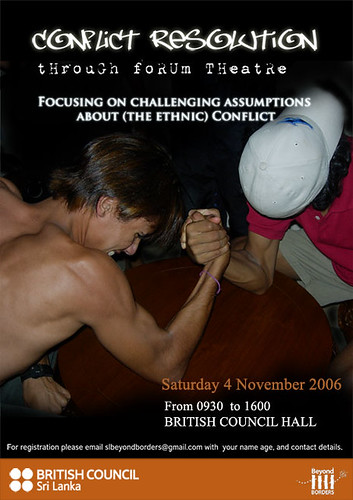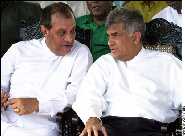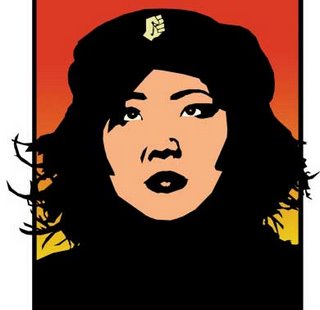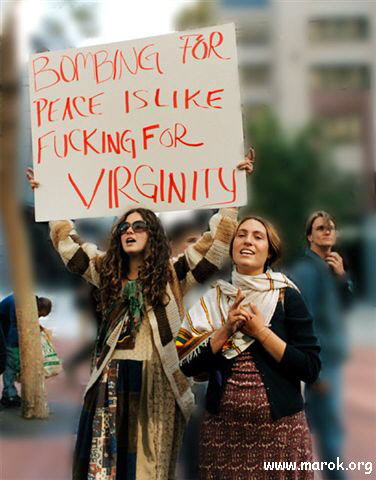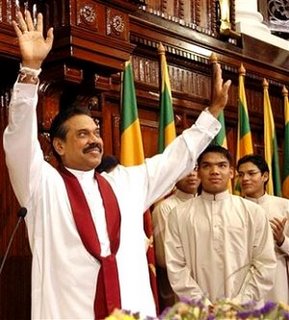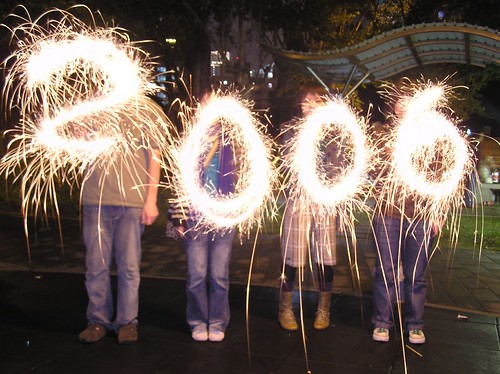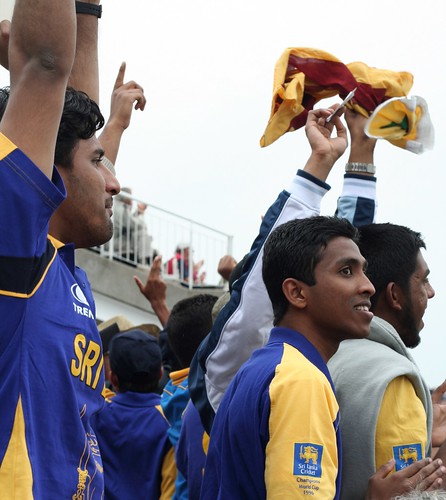
Initally posted at Groundviews.
From time to time at various forums and speeches the idea of promoting a single Sri Lankan identity has been put forward as a factor in finding a solution to the conflict in Sri Lanka. Rarely though, these sometimes passionate pleas to build a common Sri Lankan identity have proven to be anything more than lip service, or speech enhancers. Given the historic context of the evolution of the post-colonial Sri Lankan state, and its monumental mistakes of the post-independent era, there is a need to institutionalize or at least put in place institutional enablers which could prosper a common identity.
For lessons in cultivating a common national identity we need not look much further than across the Palk Strait and into the multicultural India. The Indian freedom struggle led by Gandhi and the Indian Congress managed to induce a form of Indian nationalism it seems out of nothingness. India at the time was nothing but a country put together by the British, and therefore the primary source of agitation the congress cultivated was based on ant-colonialism, not religion, ethnicity or language. The congress managed to put together sort of a Noah’s Ark nationalism which glued together India’s diverse population. Unlike in Sri Lanka, where whatever pre-independence multicultural cooperation was soon replaced by Sinhalese chauvinism, the Indian congress went on to create pluralist constitution in India despite the partition and the creation of Pakistan.
Mukul Kesavan, the author of secular commonsense and an opinion writer for the Culcutta Telegraph goes on to great detail on the topic here. I would take the time to just post a relevant extract when he goes on to deduce what would happen had India taken the majoritarian route :
The violence that India as a majoritarian state would have generated can be estimated by looking at a south Asian parallel in miniature, the example of Sri Lanka. In terms of social indicators, Sri Lanka, like Kerala, represents the best of south Asia. Yet, even in this oasis of literacy, female emancipation and all-round loveliness, the absence of a pluralist nationalism led directly to Sinhala chauvinism, Tamil disaffection and chronic civil war. And this in a small island nation with just two substantial ethnic communities: the violence that majoritarian politics would have created in a country as diverse as India, even a divided India, is unimaginable. [link]
Unlike in India the ideological premise for nationhood in Sri Lanka is and has always been Sinhalese Buddhism; and therefore Sinhalese Buddhists are made to feel that they are the sole proprietors of the nation, something which almost naturally results in the alienation of all other minority communities. This supremacy is both constitutionally guaranteed and practiced in earnest by the state and its various branches. Government officers, police stations and most other state institutions operate (for all practical purposes) in Sinhala, the spirit of Vesak is enforced by law, and the most visible monument built for the 2004 tsunami is a Brahmin Buddha statue. This of course is to say nothing of the more violent expressions of the ideology displayed so nakedly in the ’83 riots.
If one thing is clear, the Sinhalese-Buddhist ideology to carve out a Sri Lankan statehood is a failed experiment; to repeat it means to aspire to fit the very definition of insanity. If Sri Lanka is to build a sustainable pluralist nationalism, the state must be made secular. The state should not give precedence to any particular religion or any other cultural, ethnic or linguistic identity.
Another necessary condition is of course, is devolution of power. The current steps in that direction is encouraging, but these efforts should be backed by solid political will which so far has not been forthcoming.
These may not necessarily be pre-conditions for building a true Sri Lankan identity but something which goes hand in hand to formation of such. What may be a pre-condition to induce a true Sri Lankan nationalism is perhaps a ‘national grievance’; almost all nationalist movements was based on such a common grievance; the Indians found it in British colonialism, the Tamils in Sinhalese majoritarianism, and the Nepalese in undemocratic monarchism.
What is then, the truest most universal Sri Lankan grievance? I have no obvious answer. I can only wonder, perhaps if the state can be more accommodative to the minority communities, especially the Tamils, then such a grievance could be borne out of the ‘war’ and the current conflict itself.
The minority communities of this country, especially the ethnic minorities need to see a change of attitudes and practices of the state, and its institutions. They need to see real steps in a direction which ultimately results in equal citizenship and institutional protection both in word and in deed. Only then can we perhaps even speak about creating a true and a sustainable Sri Lankan nationalism.
Without these things, I’m afraid all pleas for a Sri Lankan nationalism or an identity would merely be cosmetic.



